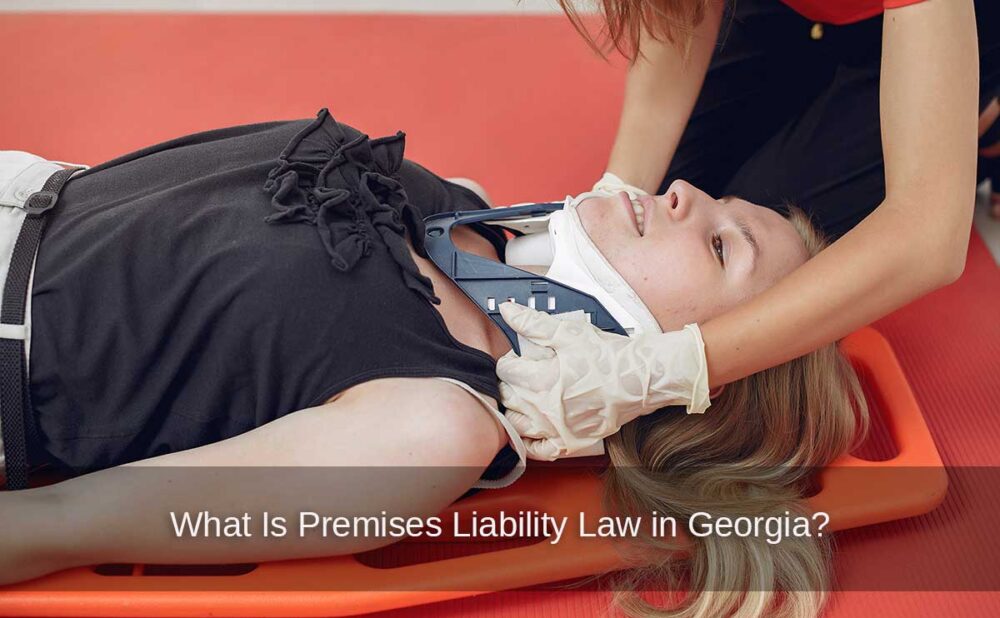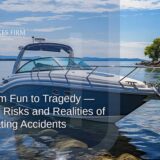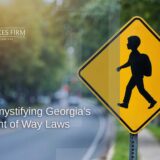What Is Premises Liability Law in Georgia?
Premises liability law in Georgia governs the legal responsibilities of property owners and occupiers to maintain a safe environment for visitors. Georgia’s premises liability statutes determine whether a property owner can be held legally accountable for injuries sustained on their property due to unsafe conditions. This area of law encompasses a wide range of incidents, including slip and falls, dog bites, inadequate security, and structural hazards.
Legal Duty of Care
In Georgia, the duty of care a property owner owes to someone on their property depends on the visitor’s legal status. There are three main categories:
- Invitees. These are individuals who enter the property with the owner’s expressed or implied permission, typically for a mutual benefit (e.g., customers in a store). Georgia law requires owners to exercise ordinary care to keep the premises safe for invitees. This includes regularly inspecting the property and addressing or warning about hazards.
- Licensees. These are people who have permission to be on the property but are there for their own purposes (e.g., social guests). Property owners must avoid willfully or wantonly causing harm to licensees and must warn them of known dangers that are not obvious.
- Trespassers. These individuals enter the property without permission. Owners generally owe no duty of care to trespassers, except to refrain from intentionally harming them. However, there are exceptions for children under the “attractive nuisance” doctrine—for example, if an unsecured swimming pool draws a child onto the property.
Proving a Premises Liability Claim
To succeed in a premises liability case in Georgia, the injured party (plaintiff) must generally prove:
- The property owner or occupier had a legal duty to keep the premises safe.
- The owner breached that duty by failing to fix or warn of a dangerous condition.
- The dangerous condition directly caused the plaintiff’s injuries.
- The plaintiff suffered damages as a result (medical bills, lost wages, pain and suffering, etc.).
Comparative Fault in Georgia
Georgia follows a modified comparative negligence rule. If the injured person is partially at fault for the accident, their compensation will be reduced by their percentage of fault. If they are found to be 50% or more at fault, they are barred from recovering damages entirely.
Statute of Limitations
Under Georgia law, the injured party generally has two years from the date of the incident to file a personal injury lawsuit. There are some exceptions for specific circumstances, such as injuries to minors.
Common Examples of Premises Liability Cases in Georgia
- A grocery store customer slipping on a wet floor without warning signs.
- A tenant injured by broken stairs in an apartment building.
- A mall visitor assaulted due to inadequate lighting and lack of security.
- A child injured after entering an unfenced construction site.
Georgia’s premises liability law protects individuals from unsafe property conditions while balancing the responsibilities of property owners. Understanding the legal duties owed based on visitor classification is crucial in determining liability. If you’re injured on someone else’s property in Georgia, consulting with a premises liability attorney can help you navigate the complexities of your claim and protect your rights under the law.





